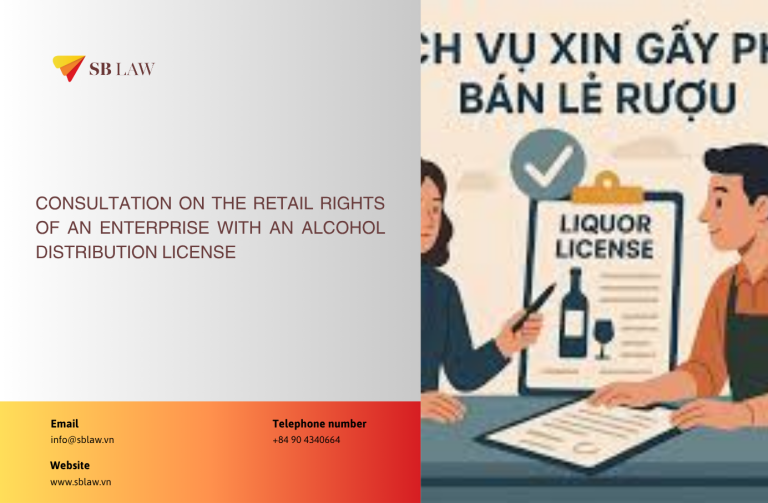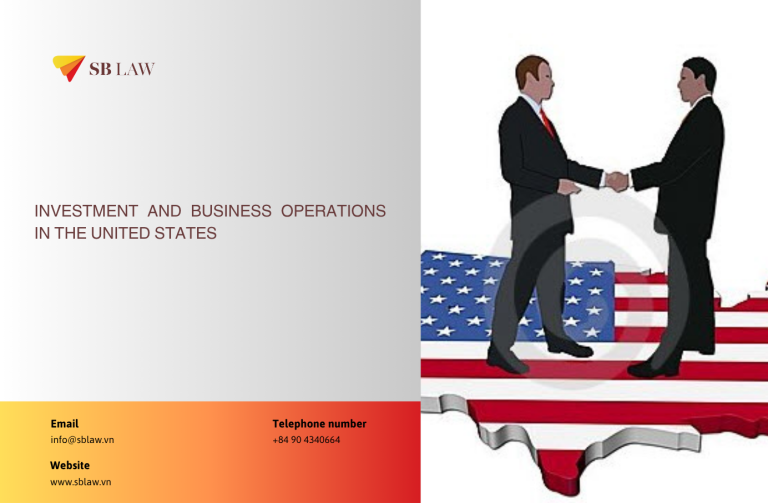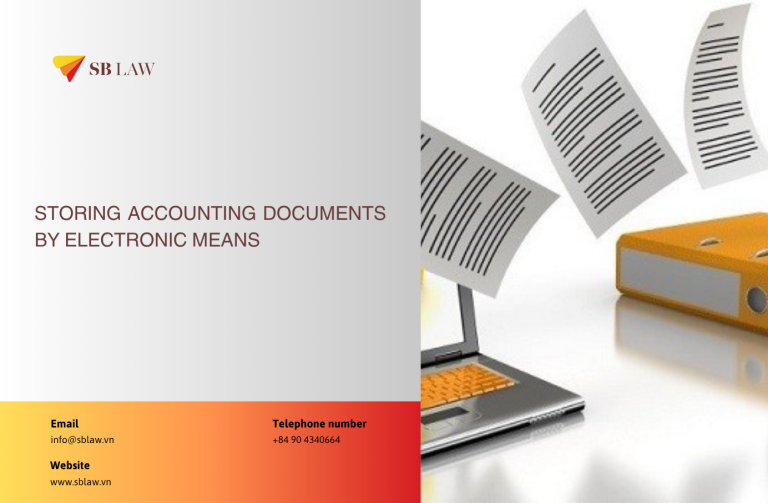Business activities
One of the most important issues that foreign investors should take into account when investing into Vietnam is the business lines of the proposed investment. The business lines may affect the investment structure, corporate governance and other consideration of the foreign investors relating to their investment in Vietnam.
The current laws of Vietnam categorize the business activities into three business sectors as follows:
Prohibited sectors: are the sectors in which conducting business is prohibited to both domestic and foreign investors, regardless of ownership for reasons of national defense, security, public order, social moral, human health, tradition, environment, plant protection and other reasons justified under the Commitments of Vietnam on joining World Trade Organization (“WTO Commitments of Vietnam”).
Conditional business sectors: are the sectors in which companies can conduct business if they satisfy specific requirements provided under the specialized regulation such as legal capital requirements, professional licenses requirements, ownership limitation, and so on.
Other business sectors: are the sectors which are not prohibited or subject to any conditions for establishment and operation.
Commercial Presence
Foreign investors are allowed to establish commercial presence in Vietnam in the following form to for their investment purpose:
Business Co-operation Contract
Business Co-operation Contract (“BCC”) is an investment form in which at least one party must be Vietnamese legal entity and one party must be foreign legal entity. The parties enter into a BCC in which stipulates the responsibilities of, and the sharing of business results between, the parties for the purpose of conducting investment and business in Vietnam without creating a legal entity.
Under the WTO Commitments of Vietnam, there are some business sectors which the foreign investors are only allowed to enter into via BCC such as audiovisual services. BCC is also a popular investment form in the sector of prospecting, exploration and mining of petroleum.
Joint Venture Company
A Joint Venture Company (“JVC”) must be established by at least one Vietnamese investor and one foreign investor (either individual or legal entity).
JVC is usually used for investment in the sectors subject to foreign ownership restriction such as telecom, transportation services, etc.
It is very common in Vietnam that the local party make its capital contribution by land use rights (i.e. the land to implement the project) or by business concession right (eg. license/permit to develop the project or carry out a specific business activity).
A JVC can be established in form of a limited liability company with two or more members, or a joint stock company.
100% foreign invested company
As opposed to a JVC with the participation of local party(ies), foreign investors are allowed to establish their wholly owned companies in Vietnam in the business sectors which are not subject foreign ownership limitation.
A wholly foreign invested company can be established in form of a single member limited liability company (if there is only one investor), multi-members limited liability company or joint stock company (if there are two or more investors).
Representative Office
Foreign investors are permitted to establish their representative office in Vietnam as subordinated units of the offshore parent companies. The representative office is allowed to seek, promote trade and tourism opportunities but not allowed to engage in any direct profit-making activities.
In practice, sometime the representative office as authorized by its parent company executes contracts and carries out business on behalf of its parent company.
Branch
Foreign companies are also permitted to set up their branches in Vietnam. However, this type of commercial presence is currently not encouraged by the Government.
Licensing Procedure
Foreign invested companies (the “FICs”) in Vietnam are to be established on the project-based license. To obtain investment certificate, FICs are required to propose a specific investment project. The investment certificate shall be granted to the investor for the establishment and operation of the FIC in Vietnam. The investment certificate shall serve as the business registration certificate. However, in some special case, sub-license is additional required such as distribution business.
Licensing authorities
Provincial People’s Committee: is the authority responsible for almost foreign investment. The application file shall be submitted to the relevant provincial People’s Committee where the project is implemented for issue of the investment certificate. The provincial People’s Committee upon receipt of the valid application file from the investor(s) shall consult with other competent authorities if so required for evaluation and issuance of the investment certificate to the investor(s).
Management Board of the Industrial Zone/Economic Zone/Export Processing Zone/ High-tech Zone: is the licensing authority responsible for the foreign investment within their zones.
Some special cases:
- Ministry of Planning and Investment: is the licensing authority responsible for the BOT Project with invested capital from…
- State Securities Committee: is responsible for granting the establishment and operation license to securities companies, fund management companies, investment funds established in Vietnam, representative offices of the offshore securities/fund management companies in Vietnam.
- State Bank of Vietnam: is responsible for the licensing issue of the credit institutions such as commercial banks.
- Ministry of Finance: is responsible for issuing the operation of the insurance, re-insurance companies.
Licensing process
Investment Registration:Foreign investment projects with a total invested capital of less than three billion Vietnamese Dong and not falling in a conditional sector are subject to the investment registration procedure. The investor shall submit an application file to the relevant provincial People’s Committee for issuance of the investment certificate. The provincial People’s Committee shall evaluate the application file and issue the investment certificate to the investor within 15 working days of the receipt of the valid application file.
Investment Evaluation:Any investment project with a total invested capital of three billion Vietnamese Dong or more or investment project failing in conditional sectors must undergo the investment evaluation process. Upon receipt of the valid application file from the investor, the provincial People’s Committee shall liaise with other relevant ministries and authorities for evaluating the proposed investment project and issue the investment certificate.
Investment subject to the Prime Minister’s approval:Where the project failing into certain business sectors, it is subject to the Prime Minister’s approval. The provincial People’s Committee shall collect the opinion of the relevant ministries and authorities and then submit the Prime Minister for final approval. Upon the approval of the Prime Minister, the provincial People’s Committee shall grant the investment certificate to the investor.
Other:In the event of setting up a company in securities, financial and banking, or other specialized sectors which are required to be licensed by the direct specialized ministries, the application shall be submitted to the relevant licensing authority.
How to start your investment in Vietnam
To start your business in Vietnam, you need to obtain an investment certificate. Below are the key steps for your start:
- Considering business activities proposed to conduct in Vietnam.
- Consulting with a local lawyer to evaluate whether the proposed business activities are subject to any restriction or condition.
- Deciding your investment structure with the assistance of the local lawyer.
- Employing a local lawyer to prepare, submit and follow up with the application file for investment certificate and carry out the post-licensing procedures.
- Obtaining investment certificate, any sub-license (if required) and then starting your operation.




